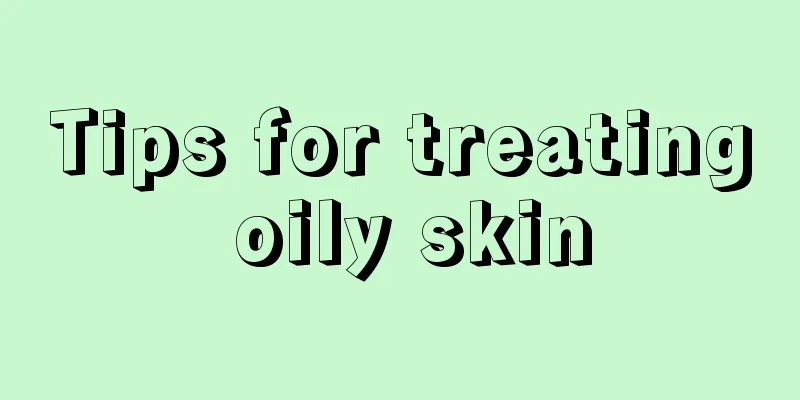Lead acetate skin disease effects

|
Lead acetate is a chemical substance composed of a variety of high molecular substances. From its name we can tell that it is an acidic substance, so it can be used to corrode harder things like steel. It has different uses in different fields, but it still has certain toxicity. After the human body absorbs it, it will cause different degrees of damage to the body depending on individual circumstances. So what is the effect of lead acetate on skin diseases? Lead acetate, also known as lead acetate, is commonly known as lead sugar. Chemical formula (CH3COO)2Pb, Mr=325, usually refers to trihydrate, but there are also decahydrate and anhydrous. Lead acetate trihydrate is colorless crystals, white granules or powder with a slight acetic acid odor. It is efflorescent and toxic. Melting point 60-62℃, boiling point 280℃ (normal pressure), solubility 45.6 at 15℃, 200 at 100℃. Used in the preparation of various lead salts, anti-fouling coatings, water quality protective agents, pigment fillers, paint driers, fiber dyes and solvents in heavy metal cyanidation processes. Before the advent of hormone topical drugs, calamine, zinc oxide, and lead acetate were the most widely used topical drugs in many hospitals' dermatology departments. They were praised by dermatologists as the "three magic weapons" of dermatology topical drugs because of their reliable efficacy, rapid onset, and few adverse reactions. With the rapid development of modern medical technology, topical drugs such as hormones have dominated the field of topical drugs, and the "three magic weapons" have become "old-fashioned". However, the three drugs are still widely welcomed by both doctors and patients because of their reliable efficacy, low price, and some effects that topical drugs including hormones cannot replace. Lead acetate, also known as lead sugar, is a colorless, glossy crystal or white crystal powder with a slight acetic acid smell. It is easily soluble in water and its aqueous solution is milky white. It is a commonly used astringent in clinical practice. It can be prepared into a 1:2,000 aqueous solution for cold wet compresses. It is suitable for acute eczema and acute dermatitis with exudation and erosion. It takes effect quickly and can quickly relieve exudation and itching. Soaking in a 0.5% aqueous solution can be used to treat infiltrative and erosive tinea pedis and sweat herpes. It has a certain astringent, antiperspirant, sterilizing and deodorizing effect on hyperhidrosis of hands and feet. Because the drug is slightly toxic, it is not suitable for large-scale use or repeated use for a long time. |
<<: What foundation should I use for yellowish skin?
Recommend
What is the best way to reduce double chin?
Having an exquisite face will not only give other...
Is photorejuvenation good?
People's skin is a part that people pay more ...
Can I smoke after double eyelid surgery?
In everyone's impression, double eyelids will...
Summer anti-pore campaign to be a pore-free beauty
1. Keep pores clear. You can use some non-tighten...
What is the easy way to get rid of acne?
Acne is the most annoying skin problem for girls....
Is it okay to apply banana directly on the face?
Banana is a fruit with a very high fiber content....
Traditional Chinese medicine whitening
As people age, their skin will also develop aging...
Skin care methods for autumn and winter
If our skin quality is not very good, not only wi...
Which is better, crystal lip balm or lip bleaching?
Having beautiful and charming lips is very import...
How to make a pearl powder mask to remove freckles
Removing freckles is really a headache. For peopl...
Can tomato mask remove spots on women's faces?
Everyone loves beauty, so women always spend a lo...
Natural methods of removing freckles
If there are spots on the face, it will cause tro...
How to detoxify effectively when there are acne on the face?
Are there any more active acne on your face in au...
A brief talk on winter beauty
Beauty has always been a very fashionable topic a...
Daily eye bag removal
Many people want to be lazy and sleep a little lo...









